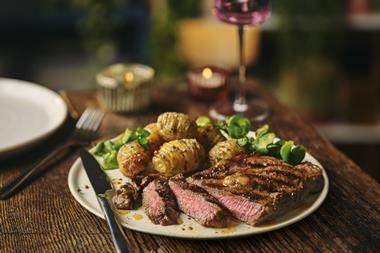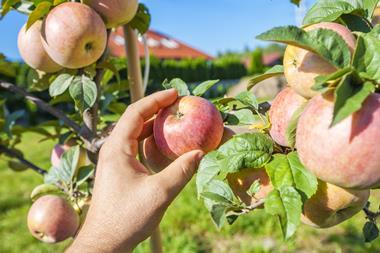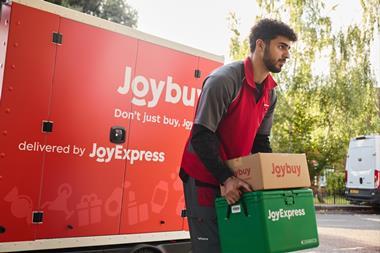Bob Farrand National director, Guild of Fine Foods
Sir; On reading all 270 pages of the Competition Commission's provisional findings, I have reached the sad conclusion there is little hope for Britain's independent food retailers, small food producers or farmers. The commission has shown itself singularly unable to appreciate any link between the power of the multiples and the state of British farming and offers a green light for greater mass production of food and drink and more giant supermarkets. The report tells us the multiples rarely deal directly with farms, preferring to deal through a handful of large wholesalers, processors or intermediaries. It continues: "The buying power of grocery retailers and their intermediaries is one of a range of factors that has influenced farming profitability in recent years. Increasing concentration in the grocery supply chain, in the past and in the future, may have an adverse effect on the incomes and profitability of UK primary producers." This country has lost more than half its dairy farmers, pig producers are giving up in droves and yet the commission fails to establish a link between the four highly profitable retailers responsible for 60% of the food and drink we consume and the impoverished state of many of the primary producers responsible for supplying the raw materials. The commission only considered the impact of the supermarkets in relation to whether it is good or bad for consumers. Cheap food will always be in the consumers' interest but this is a narrow, short-term and outdated position to adopt. The commission has failed to appreciate the likely medium-term impact the supermarkets will have on farming, small food producers and retailers, and our high streets.
Sir; On reading all 270 pages of the Competition Commission's provisional findings, I have reached the sad conclusion there is little hope for Britain's independent food retailers, small food producers or farmers. The commission has shown itself singularly unable to appreciate any link between the power of the multiples and the state of British farming and offers a green light for greater mass production of food and drink and more giant supermarkets. The report tells us the multiples rarely deal directly with farms, preferring to deal through a handful of large wholesalers, processors or intermediaries. It continues: "The buying power of grocery retailers and their intermediaries is one of a range of factors that has influenced farming profitability in recent years. Increasing concentration in the grocery supply chain, in the past and in the future, may have an adverse effect on the incomes and profitability of UK primary producers." This country has lost more than half its dairy farmers, pig producers are giving up in droves and yet the commission fails to establish a link between the four highly profitable retailers responsible for 60% of the food and drink we consume and the impoverished state of many of the primary producers responsible for supplying the raw materials. The commission only considered the impact of the supermarkets in relation to whether it is good or bad for consumers. Cheap food will always be in the consumers' interest but this is a narrow, short-term and outdated position to adopt. The commission has failed to appreciate the likely medium-term impact the supermarkets will have on farming, small food producers and retailers, and our high streets.














No comments yet